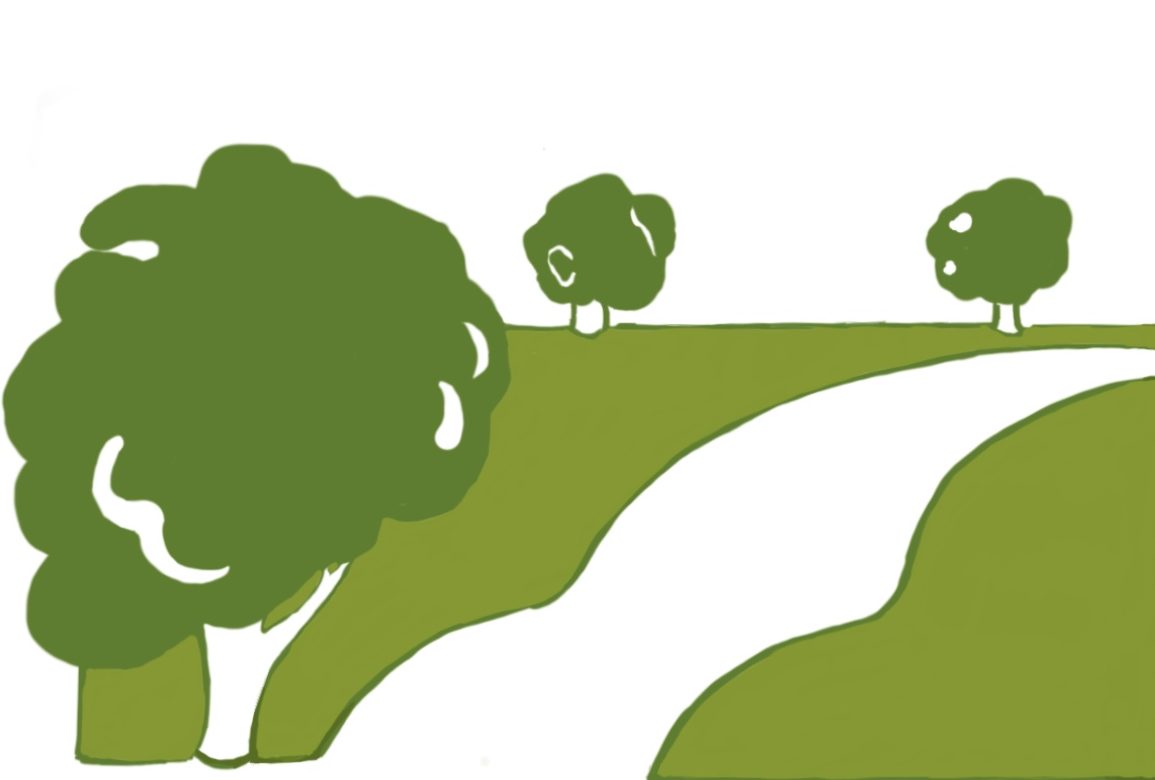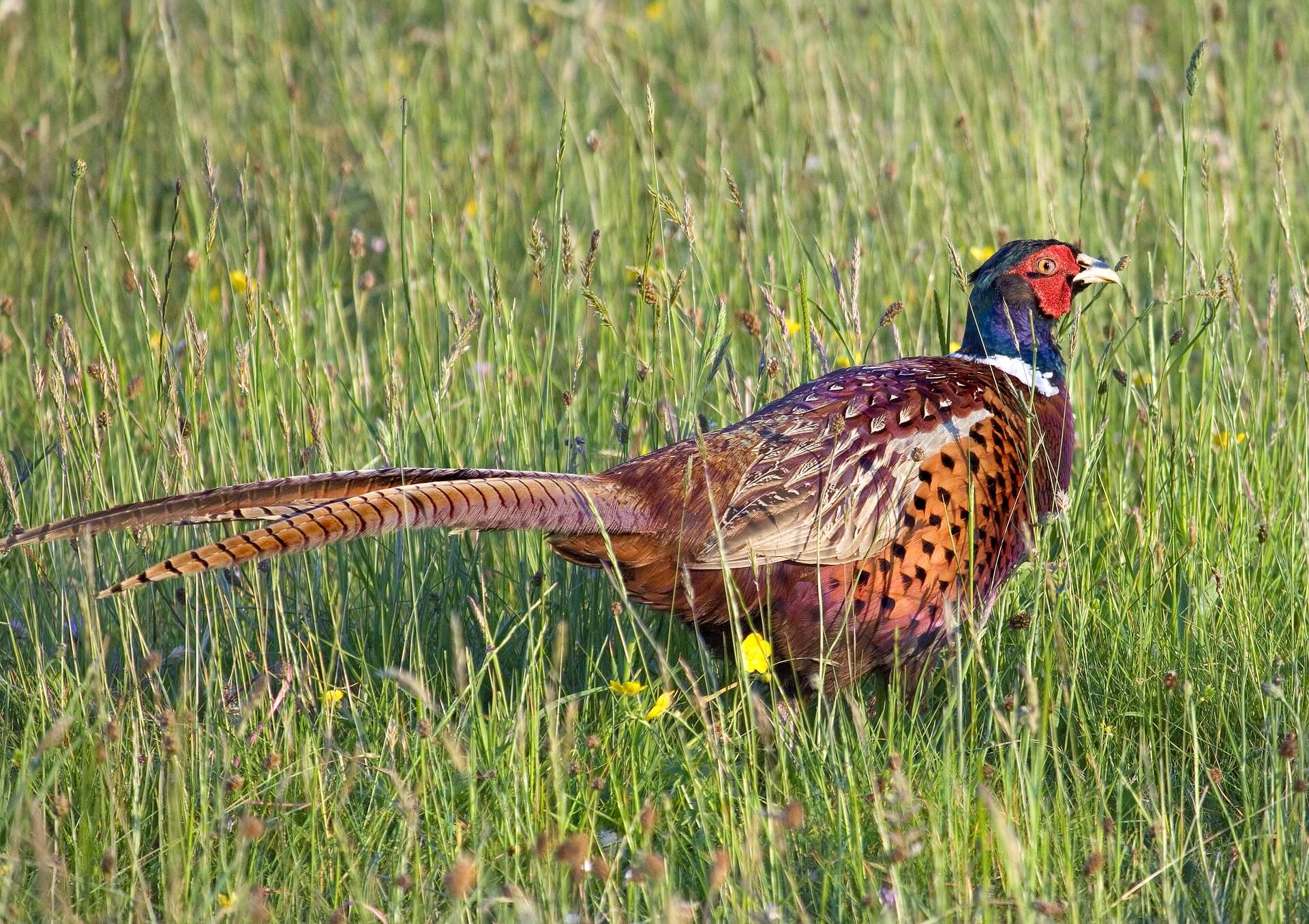The shooting season is over for another year. It has been one of recovery after the disruption of the previous one. When the pandemic hit early in 2020, it was not clear what impact it would have. Some shoots closed down, some reduced the number of birds released and others carried on as normal.
Shoots that sell days try to get bookings in February or March so they know how many poults to order from the game farm. More importantly, they can use the deposit to pay for the poults and other costs that occur before the season starts. Cash flow was severely affected by guns unwilling to book days so far in advance during the pandemic bringing a knock-on impact.
In the event, there were lockdowns in November and January that restricted the season dramatically. Some shoots gave refunds for cancelled days or carried the contract forward to a later date, although some insisted that buyers take out cancellation insurance. This all had a significant adverse impact on profitability. This time last year, those shoots that had closed for the year had to decide whether to start up again and some did not. The others had to determine how many poults to order, especially in the light of many more birds on the ground than usual.
Despite all these uncertainties, it appears that the season just finished was successful. Numbers of birds shot earlier in the season was much higher than usual causing concerns about supply and demand. Game dealers had problems of their own, notably a shortage of labour and significant problems with exports. However, the numbers shot reduced as the season progressed, the game dealers coped and there are not huge carry-over stocks in freezers. Indeed, sales could have been much higher had there been a greater supply of birds shot with non-lead cartridges.
The next twelve months will be important for game shooting. There are individuals and groups who are determined to see it banned or severely restricted. If the shooting community wishes to survive, it needs to show to politicians and the general public that it can regulate itself and follow best practice. Game meat is entirely free range and provides the healthiest form of animal protein. The major retailers report that there is a huge market provided the meat is of the highest quality and assured by a recognised independent assurance scheme. British Game Assurance was set up to promote best practice and to provide quality guaranteed by audits carried out by qualified assessors.

The main issue is lead shot. It has been used in rifle bullets and shotgun cartridges for centuries because it is the most effective means of killing humanely. However, it is a toxic metal that has been banned in many products from petrol to paint. The Food Standards Agency estimates that the risk to human health is extremely low given the current level of consumption but it poses a greater risk to wildlife. Whilst the Government considers a legislative ban, the shooting community set a voluntary five year phase-out of lead shot in February 2020.
Some shoots already insist that guns use non-lead cartridges and more intend to follow for next season. This is partly driven by game dealers saying they will only take lead free birds. There are rumours that this will not be enforced, which are not helpful to the transition. Steel cannot be used safely through old guns with heavy choke but many owners have not checked whether their guns can take steel, with or without modification, which only adds to confusion. I have had my pair of old English 12 bores checked out and have found that they have very little choke and thus can take standard steel cartridges. Anyone who goes shooting should do the same so they know where they stand.
The manufacturers are struggling to develop cartridges with steel shoot and biodegradable wads but rapid progress is being made. Standard steel cartridges are not as effective at long range, which is a problem for those shoots that pride themselves on their very high birds. Super steel cartridges are fine but can only be used through modern guns that have the requisite proof. As the transition progresses, it may be that some shoots have to reduce the height at which birds are presented to ensure clean kills. No one wants to see birds injured to suffer and die later.

Another issue to be faced is inflation. Game farms will have much higher costs this spring for gas heating, labour and feed. The price at which they sell poults will have to rise if they are to survive. It has been suggested that pheasant poults will cost shoots £4.50 to £4.75 per head this year and partridges between £5 and £6 depending upon age.
With wheat at well over £200 per tonne, shoots will be hit with significantly higher costs for the coming season. They will have to review the price of the days they offer, especially as some are still reeling from the impact of the pandemic. Surveys predict that the average price of shooting will rise to £42 per bird shot, an increase of some 10%. Where VAT is applicable, the total will be over £50 per bird in the game cart.
As game dealers demand fully assured high quality birds shot with non-toxic cartridges, there may well be investment needed in infrastructure such as improved chiller cabinets and game carts. The demand for shooting has been very strong but it remains to be seen whether it holds up it the cost rises significantly. Shoot managers have little time to review their operations and decide on changes for next season, whether to go lead free, for example. The demand for high quality assured game meat is there if the standards can be met. The next twelve months will be critical.

